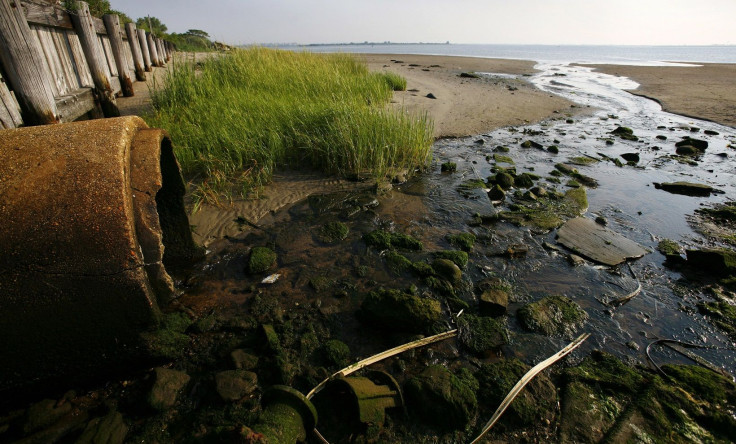Nevada Company Entering The Local Government Sewage Maintenance Market

Life sciences company Ecosciences, Inc. (OTCQB: ECEZ) announced its plans to foray into the US$25 billion [$33.7 billion] U.S. local government sewage maintenance market through its suite of ecological wastewater treatment products, the company revealed last month.
The company’s statement said it will engage in business development initiatives to "market and sell" its bioremediation products to authorities to help them cope with their growing sewage and wastewater management issues. Citing an article from The Wall Street Journal, as well as two government researches, Ecosciences noted the sorry state of the country's sewage system. The Journal's article revealed that sewage pipe grease build-up is a national epidemic that is costing governments and businesses billions of dollars.
Fat accumulates over time when discarded by restaurants and households into pipes. According to the Journal, it draws and nourishes rats as high protein in grease fats fuel their sex drive. Solids also stick to the fat, eventually clogging it. This prevents the seamless flow of waste and pushes them back into basements.
In some cases, the fat hardens, and a chunk "breaks off" making its way to the machinery of an underground floodgate and blocking it. "That, to use a more digestible metaphor, causes a municipal heart attack," stated the Journal.
Overflows also occur when treatment plants are overwhelmed with from a surge of wastewater and storm water, when it rains hard. The same is true in New York, where the flow is released into bodies of water.
"Industry reports and articles affirm the large opportunity the Company has before it: fats, oils and grease build up. Water contamination and sewage system damage are real problems in the US and globally," the company's management said in the release.
Ecosciences, Inc. invests in business centred on ecological and life sciences and is engaged in creating products for enhancing people's lives. It owns subsidiary Eco-logical Concepts, Inc., which is behind the production and marketing of its bio-remediation products for sewage systems and holding tanks.
The company offers its stocks over-the-counter and is valued at US$37.38 million. The company's stock price trades between US$0.18 and US$0.75. It added 0.009 to its share price on Friday, representing a 2.04 percent increase to US$0.45.
It has outstanding shares totalling 101.75 million. It issued 100,000 restricted stocks to company chief executive Joel Falitz for a purchase price of US$0.001 per share last month. It also issued 100,000 shares of Series D Preferred Stock for the same price to seven independent contractors during the same period.
According to Water World, pipeline backups cause businesses and restaurant owners money and environmental health issues. Citing data from the Water Infrastructure Network, the website revealed that it will cost US$20 billion a year for the next 20 years to keep America's sewage system from breaking down.
Contact the writer: a.lu@ibtimes.com.au




















